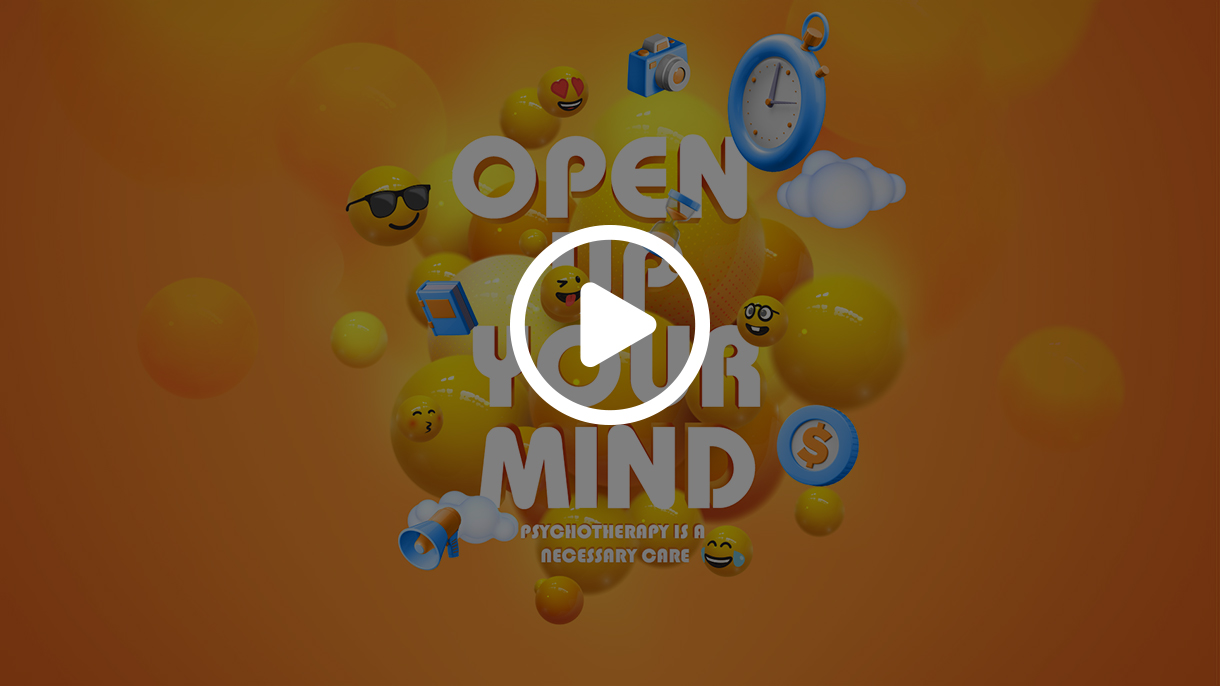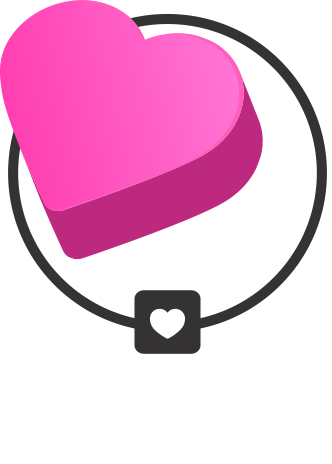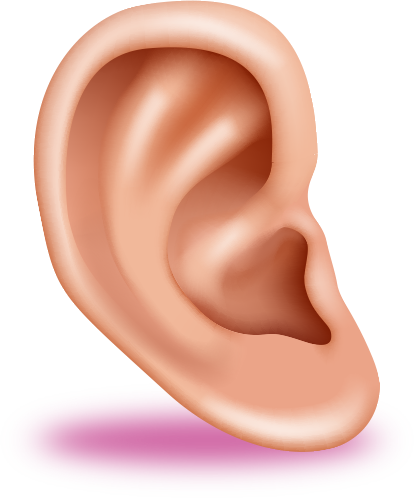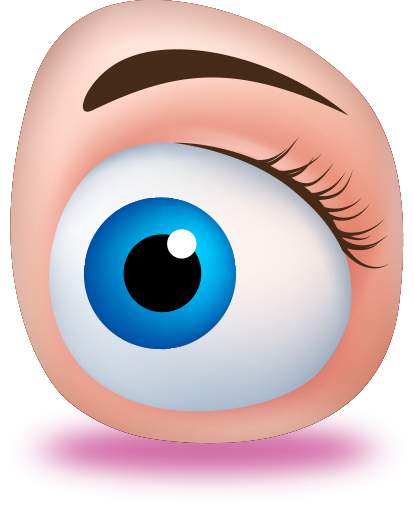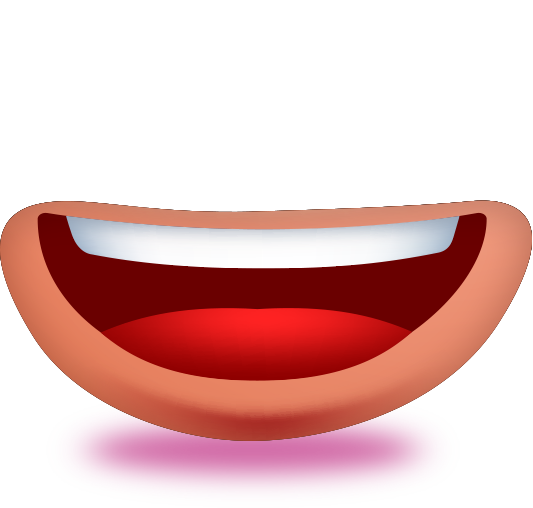

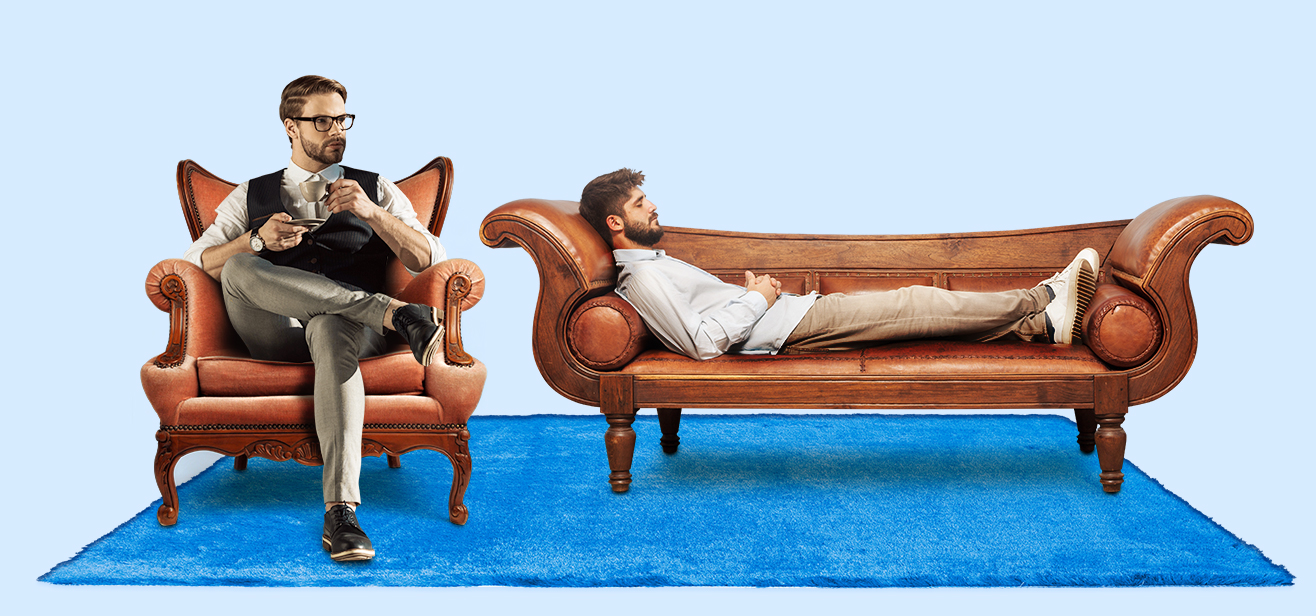
Psychotherapy can help you
While we seek a doctor when there are persistent physical problems, why not seek a mental health professional to take care of our emotional health?
At all stages of life we go through situations that can place heavy demands on our emotions. Also, more serious problems can happen, and the sooner we solve them, the better. Psychotherapy is for the strong!


What is mental health?
Mental health goes far beyond the absence of psychological problems. In fact, to be mentally healthy is to be able to enjoy life, work, deal with feelings (whether positive or negative), and interact well with friends, family, and other people you live with.
When we have good mental health, we can prevent the onset of mental illnesses and live a lighter, more peaceful life.


So is it possible to avoid mental disorders?
In come cases. It turns out that, as preventable as they may be, mental disorders can arise on account of various social, genetic, environmental, and psychological factors. Issues related to personality and biology can make some people more susceptible to emotional imbalances.
They are like physical problems. We can lead a healthy life, but we have no way to ensure that we will not get sick, either to a greater or lesser extent. The way out is still psychological counseling during all stages of life, whenever it is necessary.
Mental health at work
A widely discussed topic these days is mental health in the workplace. If we consider that we spend a large part of our days working, this is a matter that really needs to be looked at closely.
When there are problems such as unattainable goals, unprepared managers, and lack of professional planning, problems such as anxiety, depression, and burnout among others, can occur.
Although mental health at work is a broader issue, even involving the management of organizations, psychotherapy can help with managing feelings and internal conflicts, so that solutions can be found to deal with the problems.


Mental health in your daily life
It is not only at work that mental health plays an important role. Task overload, problems with addictions, family conflicts, and other aspects significantly influence well-being. In the same way that problems at work can create personal conflicts, personal problems can cause harm in the workplace. For internal emotional balance, again, the solution is psychotherapy.
Tips for Your Mental Health
Besides doing psychotherapy, there are some other actions that contribute to your mental health. Check it out below!
- Invest in self-knowledge.
- Establish a routine.
- Adjust your sleep.
- Balance body and mind with a healthy diet and exercise.
- Find a hobby for distraction.
- Have regular medical checkups.
- Strengthen ties with friends and family.
- Control stress through activities such as meditation, running, or anything else that helps you relax.
- Work on dealing with your emotions, don’t repress them.



It’s not a crazy thing
Many people are afraid to seek help for fear of being seen as weak or out of control. This concept goes back many years, when mental disorders were a reason for family shame and exclusion.
In the psychiatric asylums, “correction” techniques were applied that led to psychological suffering, in addition to violent and disrespectful treatment and shame for the families. The psychiatric reform in Brazil emerged in the late 1970s, and since then the issue of mental health has strengthened, but these stereotypes still cause people to be reluctant to seek help.
An article in Galileo Magazine reports that: “One in four adults has been diagnosed with some kind of psychological disorder, yet one-fifth of people still think that some of the main causes of mental disorders are lack of self-discipline and willpower.”
It is necessary to change this perception and fight prejudice.

How does psychotherapy work?
In the belief that the psychologist “just chats”, there is a myth that a conversation with a trusted friend or relative is enough. Some people say that a hobby like playing an instrument, playing soccer, or boxing is the “cure” for some disorders.
Psychotherapy goes far beyond a conversation.
It involves 4 main elements:

But what if it doesn’t work?
Some elements influence how psychotherapy works, from the behavior of the patient, the professional, the techniques used, even the patient’s expectations of the professional and the treatment.
It is important to identify the problem and deal with it in the best way. Perhaps changing the professional or the therapeutic approach (we will talk about this later) or understanding that the process can take time to generate results is already enough, but it is important to analyze each case separately.
Differences between therapy and psychotherapy
Although the two terms are the same, therapy has a broader scope, so it is possible to classify acupuncture, physical therapy, hypnotherapy, and aromatherapy as therapies as well. Psychotherapy, on the other hand, is focused on the patient’s emotions, and is performed by a psychologist, who deals with the patient’s behavioral and psychological problems.


As stated before, if you haven’t felt that you were able to adjust to the therapy sessions, you can look for professionals who use other approaches. It happens that not many people know, but psychologists do not follow the same line of treatment. There are different approaches and what works for one person, may not work for another.
Now learn about some characteristics of 5 widely used approaches.

Psychoanalysis
Created by Sigmund Freud, in this approach the patient exposes his/her thoughts freely and without filters. The therapist makes connections between what was said and what led the patient to seek help, while accessing memories from the past and confronting traumas and problems.
Jungian
Based on the ideas of Carl G. Jung and post-Jungian, this approach aims to help the patient rescue his/her essence, living according to who he/she is. Personal dreams and symbolism are very important. The conversation is not completely unrestricted, the therapist guides the topic around the problems that made him/her seek help.


Gestalt Therapy
Gestalt therapy analyzes patients based on their environment, as well as observing gestures, postures, facial expressions, and voice. The therapy focuses on the present, so the analysis is based on the problem occurring at that moment, unlike psychoanalysis that retrieves memories and traumas from the past.
Cognitive-Behavioral
Also known as CBT, this approach helps develop individual aspects of perception about the world and the things around them. It focuses on one type of behavior or disorder and treats it.


Lacanian
As in psychoanalysis, the Lacanian approach is based on conversations and the unconscious. However, unlike in psychoanalysis sessions, the patient is open to speak what the unconscious dictates, with little interference and no set schedule. The sessions last as long as the therapist believes they should, according to the content addressed by the patient.

We hear a lot about mental health and psychotherapy for young people and adults, but it can be needed in all age groups, since at each stage of life we face different problems.

Therapy for Children
It is during childhood that we develop our mental structure. The early years form a basis for how the brain will function in the years to come, and it is also at this stage of life that symptoms of disorders arise that, when left untreated, can cause more serious damage to the individual.
When a child is identified with symptoms of learning disorders, for example at the age of 5 to 6 years, the prognosis is more favorable and the rehabilitation process is faster.
A study conducted by the Institute of Psychiatry at University of São Paulo Medical School in partnership with UNIFESP (Federal University of São Paulo), UFRGS (Federal University of Rio Grande do Sul), and CNPq (Brazilian Council for Scientific and Technological Development), analyzed students aged 6 to 12 in public schools in São Paulo and Rio Grande do Sul, and found that 80% of students with mental disorders do not receive medical or psychological treatment. Most conditions are chronic, and 75% of cases can persist into adulthood. They are problems such as:
- Anxiety
- Phobias
- Schizophrenia
- Hyperactivity
- Attention Deficit
- Autism
The message is clear: children also need this attention and care.
Therapy for Teenagers
Although many teenagers have good mental health, a portion of them go through physical, emotional, and social changes and traumas that can make them more vulnerable to mental disorders.
A WHO (World Health Organization) survey states that half of all mental problems begin by the age of 14, but most of them go undetected and untreated. Depression is often a major cause of illness and even disability in young people. Furthermore, there is a very alarming fact: suicide during the teen years is the third leading cause of death among young people between 15 and 19 years old.
It is important to watch for atypical behavior and problems in social and family relationships, as well as school performance. These “clues” may signal the need for psychotherapy.


Therapy for Adults
It is estimated that 30% of adults worldwide meet the diagnostic criteria for any mental disorder, with substance abuse disorders and mood disorders being the most common for this age group.
Therapy for the Elderly
Worldwide, the elderly are considered to be the most vulnerable group to suicide. In Brazil, they are the ones that present the highest average, but the subject is not usually addressed much. In old age, isolation, the feeling of incapacity, physical and psychological limitations, and the onset of illnesses are factors that can lead to more serious cases of depression.
Children are no longer at home, retirement, inability to work, and other issues are very striking in some cases. It is important to seek psychological support, as well as to resume social contact, make friends, and find pleasurable activities that will restore a sense of well-being.


Now you have seen how important mental health is,
learned more about how psychotherapy works, and discovered that at all stages of life we may need psychological support.
We hope that this information will be a tool for building a better quality of life and well-being. Therefore, we want to make three requests:
1. Share this campaign and help us spread this positive message.
2. Download the campaign background and use it in your virtual meetings or as you wish.
3. Take care of yourself and seek help whenever necessary. Deal?
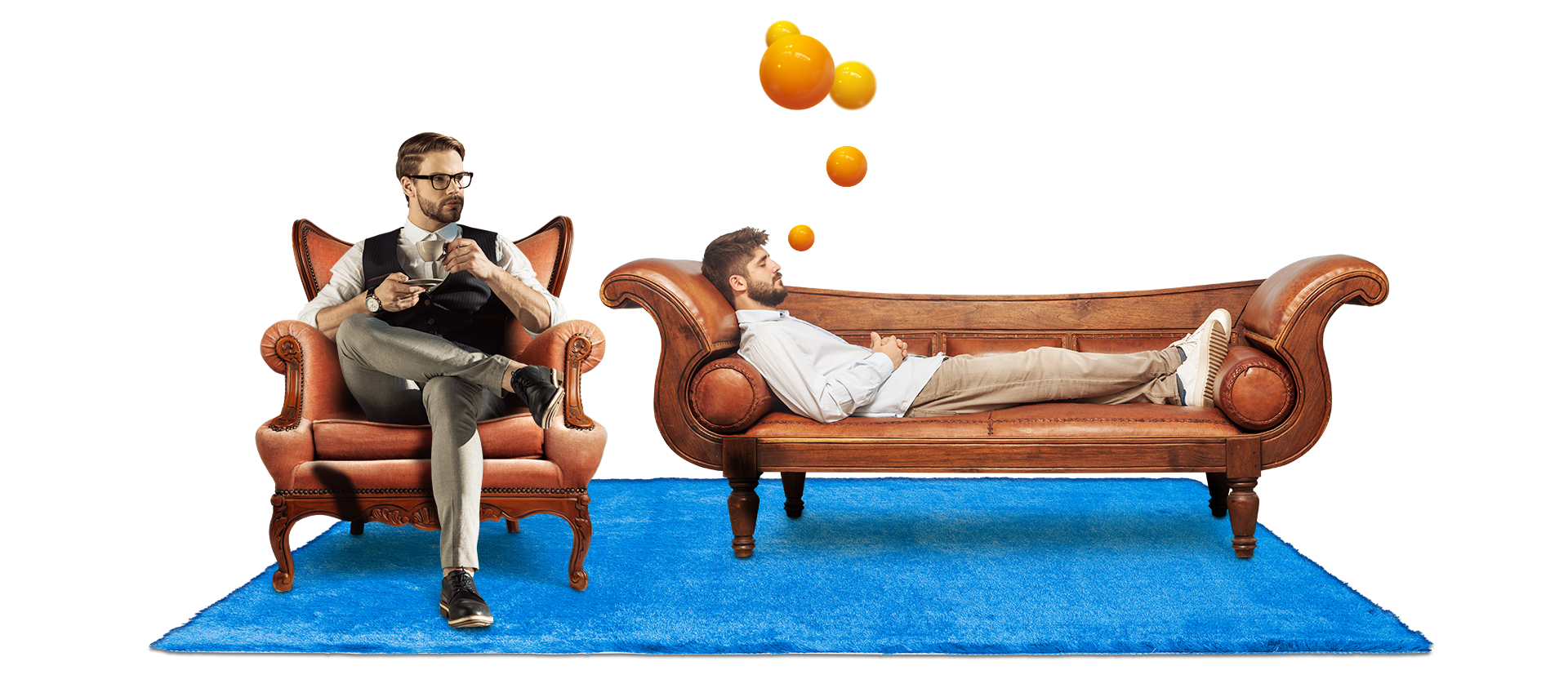
Technical Manager
Dr. Sérgio Hércules – CRM (Regional Medical Council) 61.605
Sources
Organização Pan-Americana de Saúde (OPAS) – 1
Organização Pan-Americana de Saúde (OPAS) – 2
Flavio Mendes – Psicólogo Psicanalista
Veja Saúde (1)
Veja Saúde (2)
Superinteressante
Psicanálise Clínica
Psicóloga Maria Cristina Munhoz Moreira
Doctoralia
Jornal da USP
A Evolução da Saúde Mental no Brasil: Reinserção Social (Bismarck Liandro de Freitas)
Como está a saúde mental dos brasileiros? A importância das coortes de nascimento para melhor compreensão do problema – Claudia de Souza Lopes




